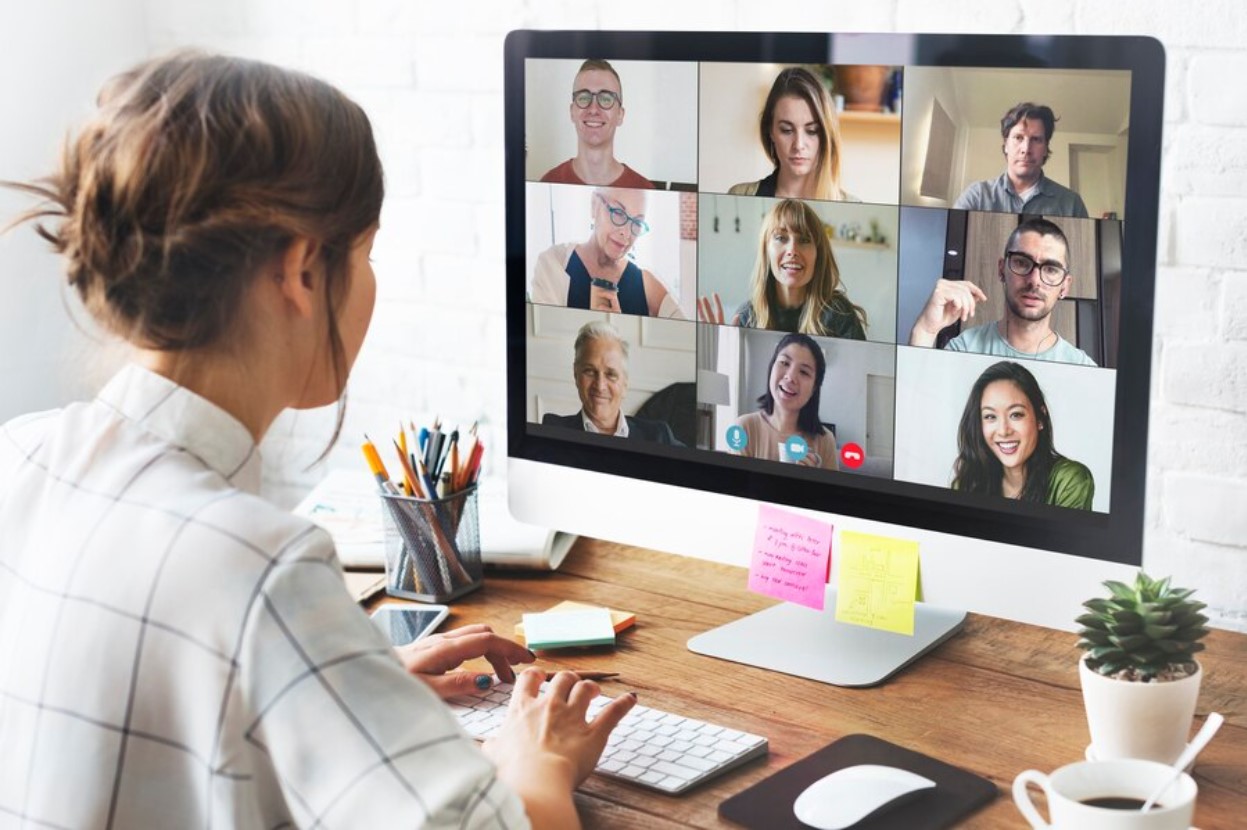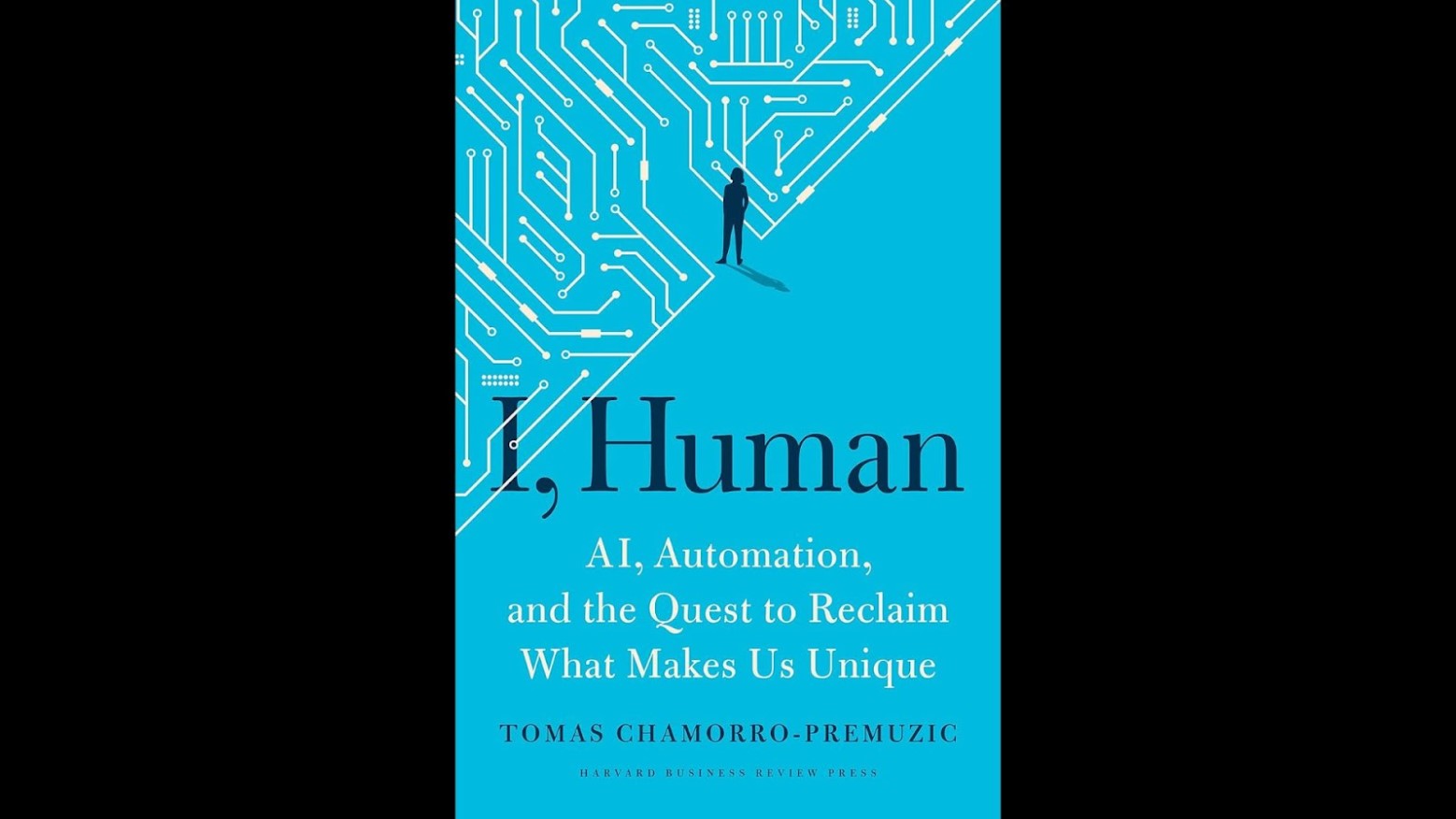Many people pride themselves on being exceptional multitaskers, meaning they can successfully do several things at one time, especially when at work.
However, a new study shows that multitasking actually causes the same decrease in cognitive function as smoking marijuana.
Does Multitasking Actually Work?

Some people feel as though they can simultaneously work on several tasks at the same time without missing a beat. And while, in theory, this may be an efficient way to function, it doesn’t really work like that.
In fact, experts now believe that multitasking is really just switching tasks quickly, as no person can focus wholly on several things at once. And new information proves that it’s decidedly not the best way to work.
Moving Between Tasks Cuts Down on Productivity

Since multitasking is really just moving between tasks but at a rapid rate, research shows that doing so can result in losing 40% of productive time.
That means that those trying to check their email, talk on the phone, eat their lunch, and send a text all at the same time will complete their business about 40% slower than those who do so one task at a time.
The Same Cognitive Loss as Smoking Cannabis

The 40% decrease in productivity is coupled with a 10-point drop in IQ, so essentially, multitasking leads to about the same loss of cognitive function as smoking marijuana.
It’s important to note that this doesn’t mean weed or multitasking will lead to a lower IQ over time. It just means that, in the moment, your brain isn’t functioning at its full capacity.
Multitasking Has Become Glorified in the Workplace

It seems that these days, those who can multitask at work are being praised for their ability to get everything done at the same time.
However, according to the research, it would benefit employers to encourage their staff to take on one task at a time, as they would be more productive over time and even do the job better with a fully functioning brain.
This Specifically Applies to Meetings

Thanks to the COVID-19 pandemic and consequent lockdown, more and more meetings are conducted online through applications such as Zoom or Google Meet.
But it’s now become clear that most employees are multitasking throughout these meetings and, therefore, not retaining the information being shared. One survey even reported that at least 80% of workers zone out during video calls, and even more check their email, send texts, or complete other work.
In-Person Meetings Prevent Multitasking

Of course, in-person meetings encourage participants to be present and focused as members typically aren’t using personal phones or computers.
However, people can and certainly will still become distracted if the subject matter doesn’t pertain to them or the meeting is longer than it needs to be.
Taking This Information into the Workplace

This research about multitasking and the lack of productivity it actually provides can and should encourage employees to focus on one project at a time.
But it can also help managers and leaders ensure they organize the workplace to help employees remain engaged and, therefore, efficient throughout meetings and their day as a whole.
Keep Employees from Becoming Distracted

What’s clear from the various studies conducted is that employees often become distracted at work, especially during long meetings and video conference calls.
For that reason, the best way to keep employees from becoming distracted is by having short, specific, in-person meetings that are only required for the employees the information directly affects.
Give Employees Breaks Throughout the Day

Another way to improve productivity and efficiency is to give employees short breaks throughout the day.
Although it may seem counterproductive at first, it’s been proven that those workers who are allotted time to themselves to have a snack, a chat, or even just a few moments away from the screen, come back with a stronger ability to focus on the task at hand.
Distracted Employees Directly Affect Profits

Many people don’t realize that improving productivity can do more than just revitalize the work environment. It also directly affects a company’s profits.
According to Tomas Chamorro-Premuzic’s book “I, Human: AI Automation and the Quest to Reclaim What Makes Us Unique,” distracted employees in the USA alone leads to $650 billion in losses every year.
Multitasking Shouldn’t Be Encouraged

Because multitasking is proven to cut down on productivity, employers should absolutely do their best to discourage this behavior, just as they would prevent employees from smoking cannabis at work.
And while there are many ways to do so, one simple solution is to cut down or completely eliminate video conference calls.








































